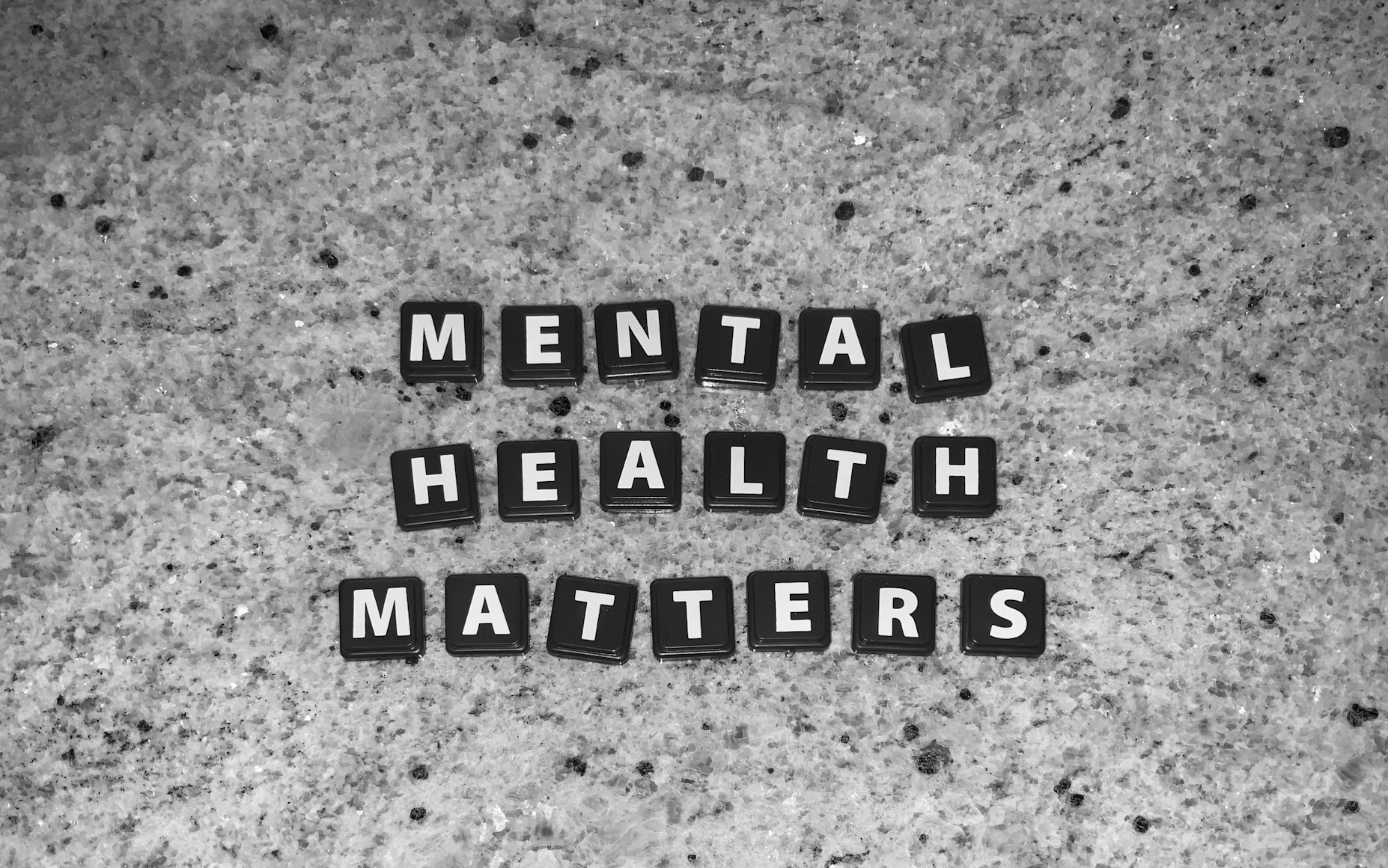Revitalize Your Mind: The Science Behind Nutraceuticals, Exercise, and Hydration

Certainly, maintaining a healthy lifestyle can play a significant role in supporting mental well-being, even in a potentially stressful or burnout-inducing environment.
Here are some key factors:
Eating Habits: Balanced Diet: Consuming a well-balanced diet rich in nutrients, including fruits, vegetables, whole grains, lean proteins, and healthy fats, can provide the necessary fuel for both the body and mind. Omega-3 Fatty Acids: Foods rich in omega-3 fatty acids, such as fatty fish (salmon, mackerel), flaxseeds, and walnuts, are linked to improved mood and cognitive function.
Nutraceutical Supplements: Vitamin D: Adequate levels of vitamin D, either through sunlight exposure or supplements, are associated with better mental health. B Vitamins: B vitamins, particularly B6, B9 (folate), and B12, play a role in brain function and may help alleviate symptoms of depression.
Physical Activities: Regular Exercise: Physical activity is known to release endorphins, which are natural mood lifters. Aim for at least 150 minutes of moderate-intensity exercise per week.
Yoga and Meditation: These practices can help reduce stress, promote relaxation, and improve overall mental well-being.
Hydration: Adequate Water Intake: Staying well-hydrated is essential for overall health, including cognitive function. Dehydration can lead to fatigue and difficulty concentrating.
Supportive Environment:
Work-Life Balance: Strive for a balance between work and personal life to prevent burnout. Take breaks, set boundaries, and make time for activities you enjoy.
Social Connections: Maintain strong social connections with friends, family, and colleagues. A support system is crucial for coping with stress.
Be Mindful and learn to manage Stress:
Mindfulness Practices: Engage in mindful activities, such as deep breathing, meditation, or mindfulness-based stress reduction (MBSR), to enhance emotional well-being.
Coping Strategies: Develop healthy coping mechanisms to deal with stressors, such as problem-solving, seeking support, and positive reframing.
Professional Help: If stress or burnout becomes overwhelming, consider seeking professional help. Mental health professionals can provide support, counselling, and coping strategies.
It's important to note that individual responses may vary, and what works for one person may not work for another. It's advisable to consult with healthcare professionals or nutritionists for personalized advice based on individual needs and health conditions.


